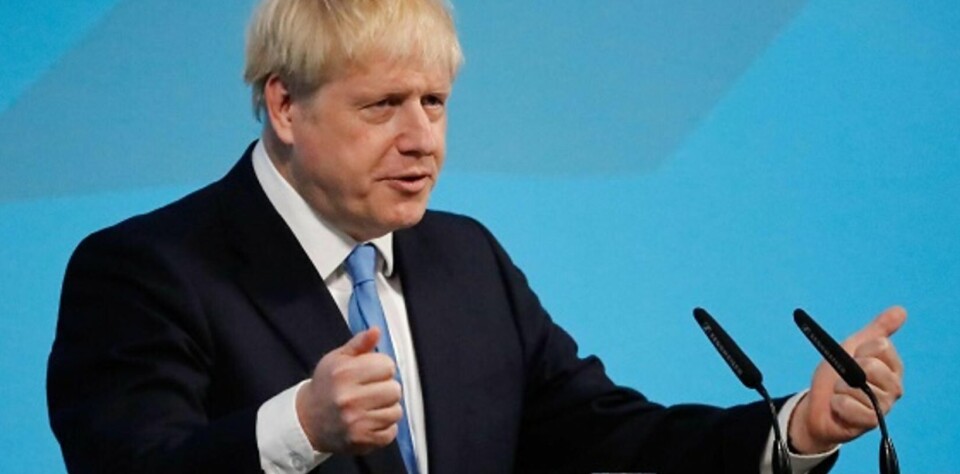
Johnson warned no-deal Brexit will cause “mortal damage”
The Food and Drink Federation has warned the UK’s next Prime Minister, Boris Johnson, that a no-deal Brexit would inflict “serious and - in some cases mortal - damage on UK food and drink”.
The FDF was responding to today’s news that Johnson had won the ballot to become the new Conservative Party leader and therefore the UK’s new PM, replacing Therese May in Downing Street tomorrow.
Johnson has previously said the exit agreement May reached with the European Union was dead, and has pledged to leave the EU on October 31, “do or die”, accepting that a no-deal Brexit will happen if a new agreement cannot be reached by that date.

450,000 employees
FDF chief executive Ian Wright said today: “The UK's largest manufacturing sector, food and drink, is central to our critical national infrastructure. The industry employs more than 450,000 people across the nation. UK food and drink is globally renowned for its quality, provenance and taste.
“The industry’s recently published Plan for demonstrates how we can make the UK’s £4 billion food chain the most dynamic and competitive in the world. It shows how - working in partnership with Government - we can boost exports, develop talent and encourage innovation.
“A no-deal Brexit would destroy that opportunity and much more. It will inflict serious and - in some cases mortal - damage on UK food and drink. Prices will rise, there will be significant shortages of some products, and disruption for shoppers and consumers will be far reaching.
“We urge the new Prime Minister and Government to work with us to deliver a withdrawal agreement that guarantees the closest possible trade and regulatory relationship with our nearest neighbours so UK food and drink can flourish.”

No-deal concerns
The Scottish Salmon Producers’ Organisation (SSPO) did not wish to comment on the implications of Johnson’s selection but has previously voiced concerns about a no-deal Brexit.
In January SSPO chief executive Julie Hesketh-Laird was one of seven CEOs of food and drink organisations to sign an open letter urging politicians to come together to prevent the UK leaving the EU without a deal.
The letter was released ahead of a Commons vote that could have resulted in a no-deal Brexit occurring on the original leaving date of March 29.
‘£2bn in lost sales annually’
The CEOs stated that “the potentially catastrophic impact of not reaching any deal is clear” and warned that “even using the UK Government’s own projections, we estimate the cost of No Deal to our industry would be at least £2 billion in lost sales annually. That is on top of the short-term chaos resulting from transport delays and labour shortages”.
Earlier this month the SSPO’s strategic engagement director, Hamish Macdonell, was part of a Scottish seafood delegation to meet UK Environment, Food and Rural Affairs Secretary Michael Gove.
Issues discussed included certification, potential transport hold-ups and compensation for extra tariff barriers placed on UK exports to the EU in the event of a no-deal Brexit.
Seafood fast-track
After the meeting Macdonell said: “We held a constructive meeting with Mr Gove and his senior officials and while we appreciate the preparatory work that has been already been undertaken, we believe more has to be done to protect seafood exports to the continent if no Brexit deal is agreed.”
In May, Hesketh-Laird said export health certification for Scottish salmon was likely to become a digital process by this month, saving time and money for producers and easing some of the administrative burden associated with Brexit.
A deal had also been reached with the French port of Boulogne to fast-track Scottish seafood exports into Europe in the event of any delays caused by Brexit.























































